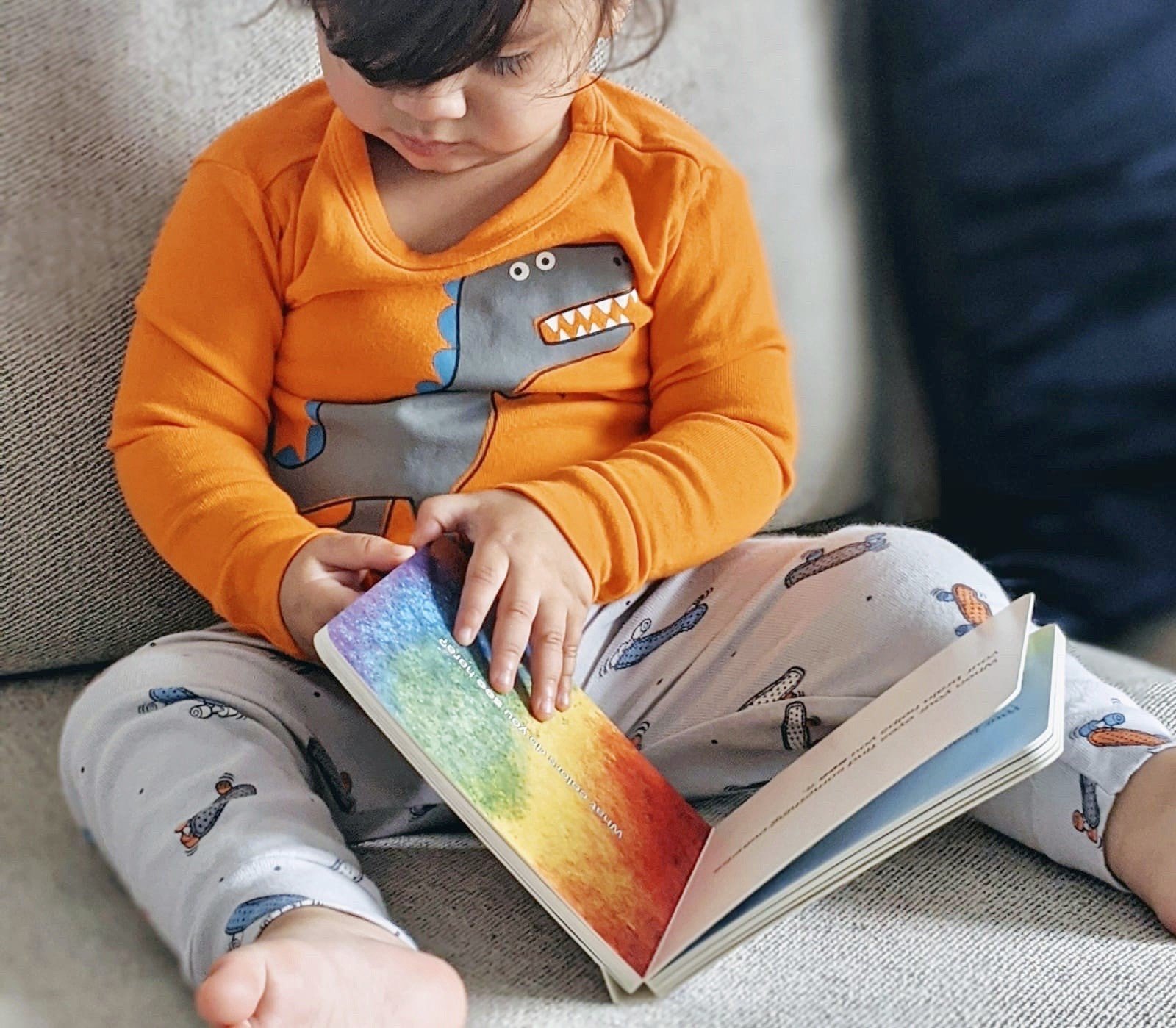Six Fun Ways to Introduce Children to Science
Learning about science can be an exciting and rewarding experience for children. By exploring scientific concepts at an early age, children develop critical thinking skills, spark their curiosity, and lay the foundation for a lifelong interest in the subject. So, how can you introduce science to your children? Let’s explore some fun and easy ways:
1) Hands-On Experiments: One of the most effective ways to engage children in scientific learning is through hands-on experiments. Experiments allow children to observe and interact with the materials, enhancing their understanding of scientific concepts. Simple experiments such as creating a volcano using baking soda and vinegar or making a rainbow with a glass of water and a flashlight can be both educational and fun.
2) Science Kits and Toys: Science kits and toys are excellent tools to make learning science an enjoyable experience for children. These kits often include materials and instructions for conducting experiments or building models. From chemistry sets to robotic kits, there are numerous options available that cater to different age groups and scientific interests. These kits provide children with a structured learning experience and allow them to explore scientific concepts at their own pace.
3) Nature Exploration: Encouraging children to explore the wonders of nature is an excellent way to introduce scientific concepts. Take them on nature walks, visits to botanical gardens, or even just observe the birds in your backyard. Use these opportunities to discuss topics such as plant life, animal behavior, ecosystems, and weather patterns. Engaging with the natural world firsthand can spark a sense of wonder and curiosity, prompting children to ask questions and seek answers through further exploration.
4) Science Websites and Apps: In today's digital age, there is a wealth of online resources available to supplement children's scientific learning. Numerous websites and apps offer interactive games, videos, and quizzes that make learning engaging and entertaining. Websites like National Geographic Kids, NASA Kids' Club, and BrainPOP Jr. provide educational content tailored specifically for children. These resources can reinforce scientific concepts covered in school and introduce new topics in a captivating manner. Also, for non-screen activities, consider activity books like the Little Doctors ABCs coloring book here! (*paid link)
5) Science-related Books and Magazines: Books and magazines focused on science can captivate children's imagination while imparting knowledge. Look for age-appropriate books that cover a range of scientific subjects, including astronomy, biology, physics, and more. Choose books with vivid illustrations, experiments to try at home, and intriguing facts to keep children engaged. Check out the Little Doctors Children’s Books Set here!
6) Science Museums and Exhibitions: Visiting science museums and exhibitions can be a fantastic way for children to learn scientific material. Many museums offer interactive exhibits, workshops, and demonstrations that bring scientific concepts to life. Hands-on exhibits allow children to experiment, observe, and discover science in action. These experiences not only deepen their understanding of scientific principles but also foster a sense of wonder and inspire future learning.
By incorporating these easy and enjoyable methods into a child's learning routine, parents and educators can help instill a love for science early on. From hands-on experiments and science kits to nature exploration and digital resources, there are numerous ways to make scientific material accessible and exciting for children. By engaging their curiosity and providing them with opportunities to explore and discover, we can nurture young minds and foster a lifelong passion for science.






